
Djam Leelii is an album by the Senegalese musicians Baaba Maal and Mansour Seck, released in 1989. It was recorded in 1984. A 1998 reissue from Palm Records raised the number of tracks to twelve.
Samba Mapangala is a Congolese singer and bandleader who has been based in Kenya for most of his five-decade musical career, most notably there creating and leading Virunga, which has been one of the most popular bands in East Africa for more than 35 years.
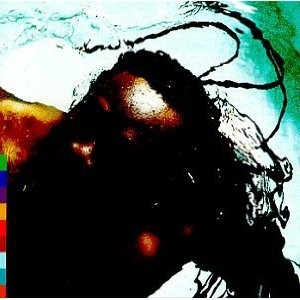
Beat the Border is the second album by the Ugandan musician Geoffrey Oryema, released in 1993. Oryema supported the album by playing the 1993 WOMAD Festival.

Mistress Music is an album by the Jamaican musician Burning Spear, released in 1988 by Slash Records. It was produced by Burning Spear and Nelson Miller. Burning Spear supported the album with a North American tour.
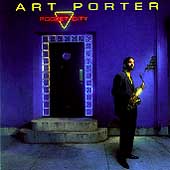
Pocket City is the debut album by the American musician Art Porter Jr., released in 1992. Porter Jr. supported the album by touring with Lisa Stansfield. Pocket City made Billboard's Contemporary Jazz Albums chart.
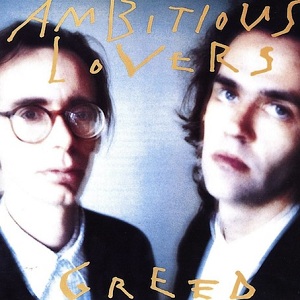
Greed is the second album by Ambitious Lovers, released in 1988 through Virgin Records. Naná Vasconcelos and John Zorn were among the album's many guest musicians.

Sila and the Afrofunk Experience is an Afrofunk band formed in 2003.

The Spin is an album by the American jazz band Yellowjackets, released in 1989. The album title refers to the Earth's rotation. The band supported the album with a North American tour.

The Prophets is an album by the Ivorian musician Alpha Blondy, released in 1989. He is credited with his band, the Solar System. Blondy sang in French, Dioula, Arabic, and English.
Bopol Mansiamina, also known as Bopol or Don Paolo, was a prolific and renowned Congolese musician. He recorded and performed extensively over four decades as a solo artist, as a member of leading African bands, and in support of many African musicians. Bopol was best known for his work in the 1980s and early 1990s as one of the four members of the Paris-based supergroup Les Quatre Etoiles and as a solo artist.

Set is an album by the Senegalese musician Youssou N'Dour, released in 1990. The album in part inspired the Senegalese youth movement Set-Setal, which sought to beautify Dakar.
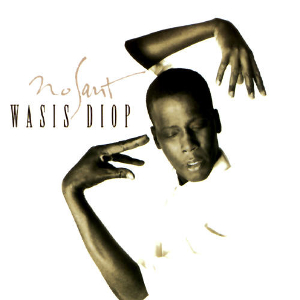
No Sant is an album by the Senegalese musician Wasis Diop. It was released internationally in 1996.

Funky Jibaro is an album by the Puerto Rican musician Yomo Toro. Released in 1988, it was his first widely distributed album.

A Ma Zone is an album by the group Zap Mama, released in 1999. The group supported the album with a North American tour. The first single was "Rafiki".
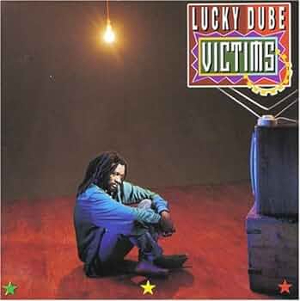
Victims is an album by the South African musician Lucky Dube, released in 1993. It has sold more than a million copies. Lucky Dube supported the album with a North American tour.

Galo Negro is an album by the Angolan Congolese musician Sam Mangwana, released in 1998. Mangwana deemed his sound "Congolese Rumba." Mangwana supported the album with a North American tour, accompanied by labelmate Ricardo Lemvo.

Barrington is an album by the Jamaican musician Barrington Levy, released in 1993. It was regarded as a crossover attempt. The first single was "Murder". Levy supported the album with a North American tour.
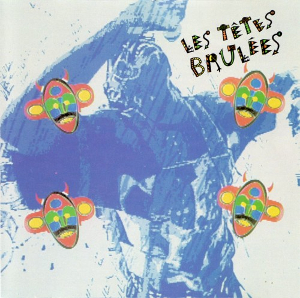
Hot Heads is an album by the Cameroonian band les Têtes Brulées, released in 1990. The band supported the album with a North American tour.

Soukous in Central Park is a live album by the Congolese musician Kanda Bongo Man, released in 1993. Kanda promoted the album with a North American tour.
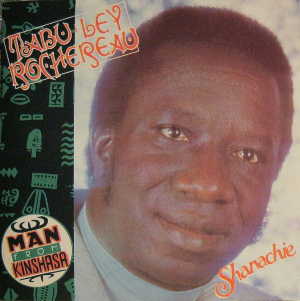
Man from Kinshasa is a compilation album by the Congolese musician Tabu Ley Rochereau. It was released in 1991. Rochereau supported the album with a North American tour.


















